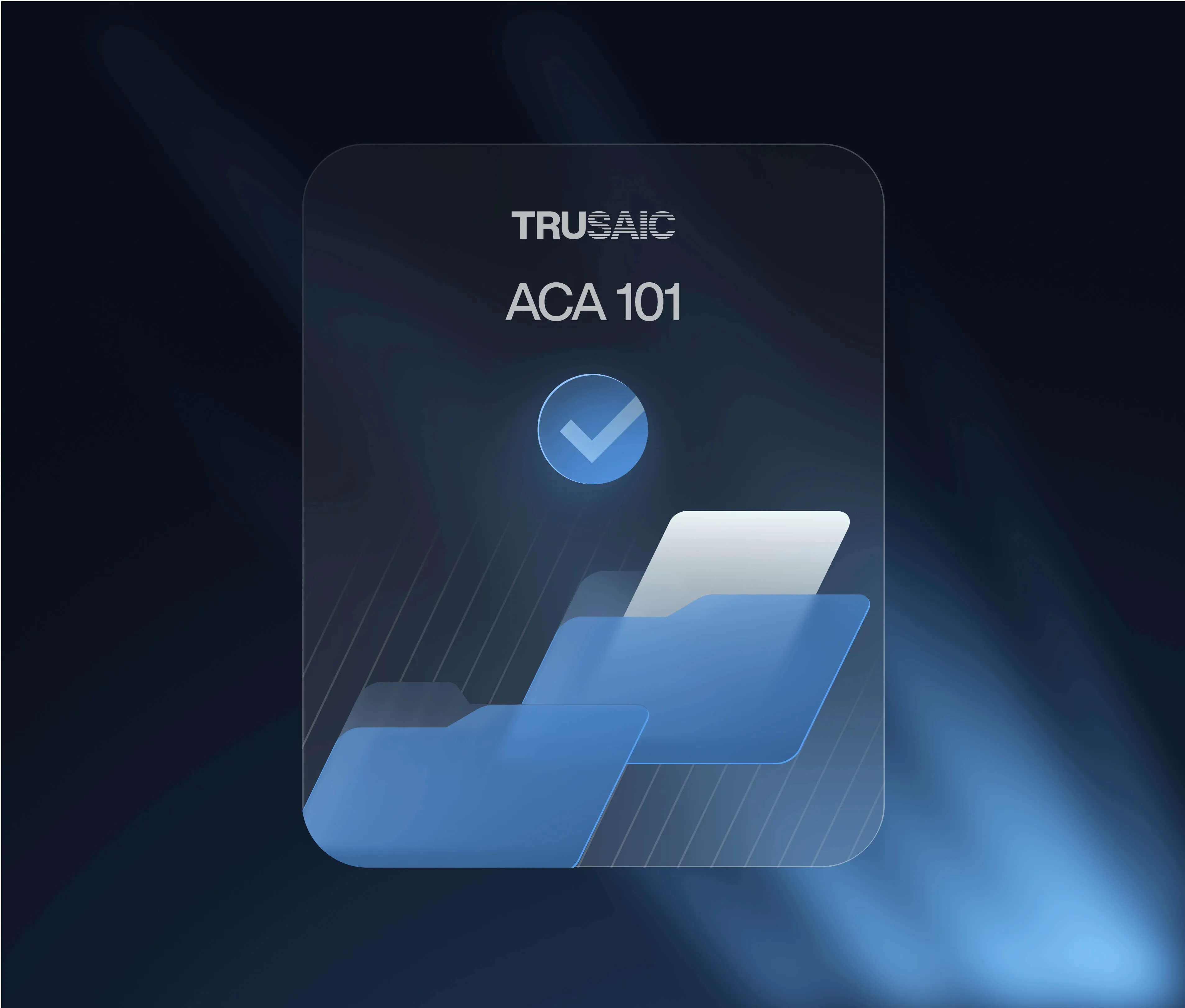Illinois Moves Rapidly Towards Pay Transparency In Job Postings
Illinois is increasingly expected to be the next state to require the disclosure of pay scales in job postings in a further step towards reinforcing its pay transparency laws. Pay equity laws in the state are already among the most stringent in the U.S. Private employers with 100 or more Illinois-based employees (who are also required to file an EEO-1 with the US Equal Employment Opportunity Commission) must apply for and attain an Equal Pay Registration Certificate (SB 1480). The window for applications opened on March 24, 2022. Applications must be filed by March 23, 2024 and recertified every two years. When introduced, SB 1480 amended several laws, including the state’s Equal Pay Act, the Illinois Business Corporation Act, and the Illinois Human Rights Act. Now, a new pay equity bill is approaching a final vote. On February 16, 2023 HB3129 was introduced in the Illinois House then referred to the Rules Committee for first reading. On February 28, 2023, HB3129 was assigned to the Labor & Commerce Committee which passed it on March 8, 2023 prompting it to be placed on the House calendar for a second reading on March 9, 2023. The bill would require organizations to comply with the following pay transparency requirements in their job postings:
- Organizations with 15 or more employees must include the pay scale in any job posting in Illinois
- If an organization publishes job postings through a third party, that third party must include the pay scale in the job posting
- “Pay scale” is defined in HB3129 as “the salary or hourly wage range that the employer reasonably expects to pay for the position”
Failure to comply would risk significant financial consequences for businesses.
First amendment to HB3129
On March 23, 2023, the Labor & Commerce Committee recommended that the first amendment to HB3129, House Floor Amendment No. 1, be adopted. This amended version of HB3129 which was adopted on March 24, 2023 states:
- It would be unlawful for organizations with 15 or more employees to fail to include benefits information and pay scale information relating to the job. “Pay scale and benefits” are defined as “the wage or salary, or the wage or salary range, and a general description of the benefits and other compensation the employer reasonably expects to offer for the position.”
- Employers would be liable for the failure by a third party to include pay scale and benefits information in a job opening posted on the employer’s behalf
- Employers would be required to announce, post or otherwise make known all job opportunities to all existing employees no later than the same day of the job posting
- Record keeping requirements would also be imposed, including a new requirement for employers to maintain records of the pay scale and benefits for each job posting
- The Illinois Department of Labor would be able to investigate alleged violations of this new subsection of the Illinois Equal Pay Act. Each job posting that fails to comply with the Equal Pay Act would be deemed a separate violation
Is the U.S. moving towards a national Pay Transparency Act?
Pay transparency and equal pay regulations are frequently changing. To date, 42 states and numerous local governments have passed or proposed new legislation focused on pay equity and transparency. But is that indicative of an underlying shift towards country wide legislation? On March 14, 2023, US Representative Eleanor Holmes Norton (D-DC) introduced the Salary Transparency Act. The bill would require disclosure of pay ranges to tackle issues with pay equity across the country. HR1599 would make amendments to the Fair Labor Standards Act (FLSA) requiring covered employers to disclose the “wage range” for both public and internal open positions in job postings. It would define “wage range” to mean the “range of wages, or salaries and other forms of compensation” that an employer “anticipates in good faith relaying on in setting the pay” for the job. As HR1599 is in its early stages, it is unclear whether it would garner sufficient support to pass. Further, some groups and lawmakers have expressed concern over pay transparency laws which allow job-seekers and employees to file private civil lawsuits if organizations fail to comply. But the shift towards pay transparency in job postings in Illinois and other states is undoubtedly gaining momentum. Research from jobsite Indeed found that the number of US job postings which include salary information has more than doubled in the past three years, from 18.4% to 43.7%. That includes areas without salary disclosure requirements. Over 40% of job postings on the site now included salary information, a rise of 137% in the past three years.
Staying compliant with pay transparency legislation
To ensure compliance with existing pay equity rules in Illinois, and in anticipation of HB3129, employers must analyze pay equity and address disparities across their compensation structures. Taking steps towards pay transparency compliance means you can confidently share salary ranges in job posts without breaching rules or incurring concerns with employees or external parties. We recommend the following to get started: Carry out a pay equity audit: This is the first step to identifying pay disparities in your compensation structure. Trusaic’s PayParity is a software solution that delivers insights into pay disparities and their causes while providing the tools to implement strategies to achieve pay equity. Ensure fair salary ranges: Trusaic’s Salary Range Finder® combats pay discrimination in the workplace by analyzing employee details against labor market rates and internal ranges in real time. When a company hires a new employee, it helps to ensure a fair compensation offer is made. Salary Range Finder overlays internal pay equity audit data with that of external labor market data. Fair salary ranges are instantly determined and created for job postings by combining the two data points. Take action now: There’s more to pay equity than ensuring compliance with the latest legislation. An estimated one in four U.S. workers is now covered by a law requiring employers to post salary ranges in job postings. When integrated into your organization, pay equity creates a more inclusive culture and engenders trust. What’s more, it clearly demonstrates to your employees that you value them and can attract and ultimately retain more candidates to your job listings. A 2022 Adzuna survey found that companies embracing pay transparency gain a significant advantage in the job market. Join our On Demand session and learn how to navigate SB 1480 with our pay equity expert Joanna Kim-Brunetti.









